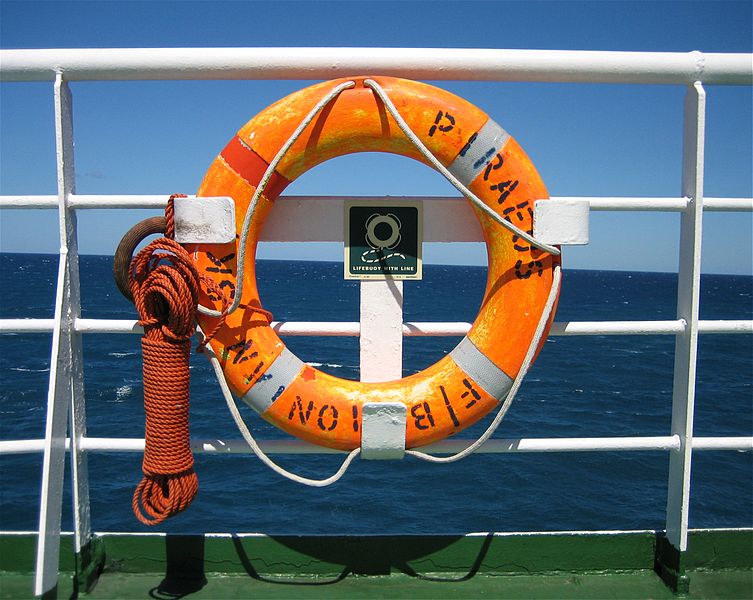These documents are just a few examples of the many important maritime safety documents that exist. They are all critical in ensuring the safety of ships, seafarers, and the environment. Compliance with these documents is mandatory for all ships and maritime organizations that operate internationally.
| Document Name | Purpose | Issuing Organization |
| International Convention for the Safety of Life at Sea (SOLAS) | Sets minimum safety standards for ships, including construction, equipment, and operation | International Maritime Organization (IMO) |
| International Ship and Port Facility Security (ISPS) Code | Establishes requirements for ships and ports to prevent security threats, including terrorism and piracy | IMO |
| International Convention on Standards of Training, Certification and Watchkeeping for Seafarers (STCW) | Establishes minimum training and certification standards for seafarers | IMO |
| International Maritime Dangerous Goods (IMDG) Code | Provides guidelines for the safe transportation of dangerous goods by sea | IMO |
| International Convention for the Prevention of Pollution from Ships (MARPOL) | Establishes regulations for the prevention of pollution from ships, including oil and garbage discharge | IMO |
| Code of Safe Practice for Cargo Stowage and Securing (CSS Code) | Provides guidelines for the safe stowage and securing of cargo on ships | IMO |
| Guidelines for the Carriage of Cargoes in Containers (CCC) | Provides guidance on the carriage of cargo in containers, including packing, labeling, and weight distribution | IMO |
| International Safety Management (ISM) Code | Establishes requirements for shipowners and operators to develop and implement safety management systems | IMO |
| International Load Line Convention (ILL) | Establishes minimum freeboard requirements to ensure a ship’s stability and safety in different sea conditions | IMO |
| International Tonnage Convention | Establishes a uniform system of tonnage measurement for ships | IMO |
